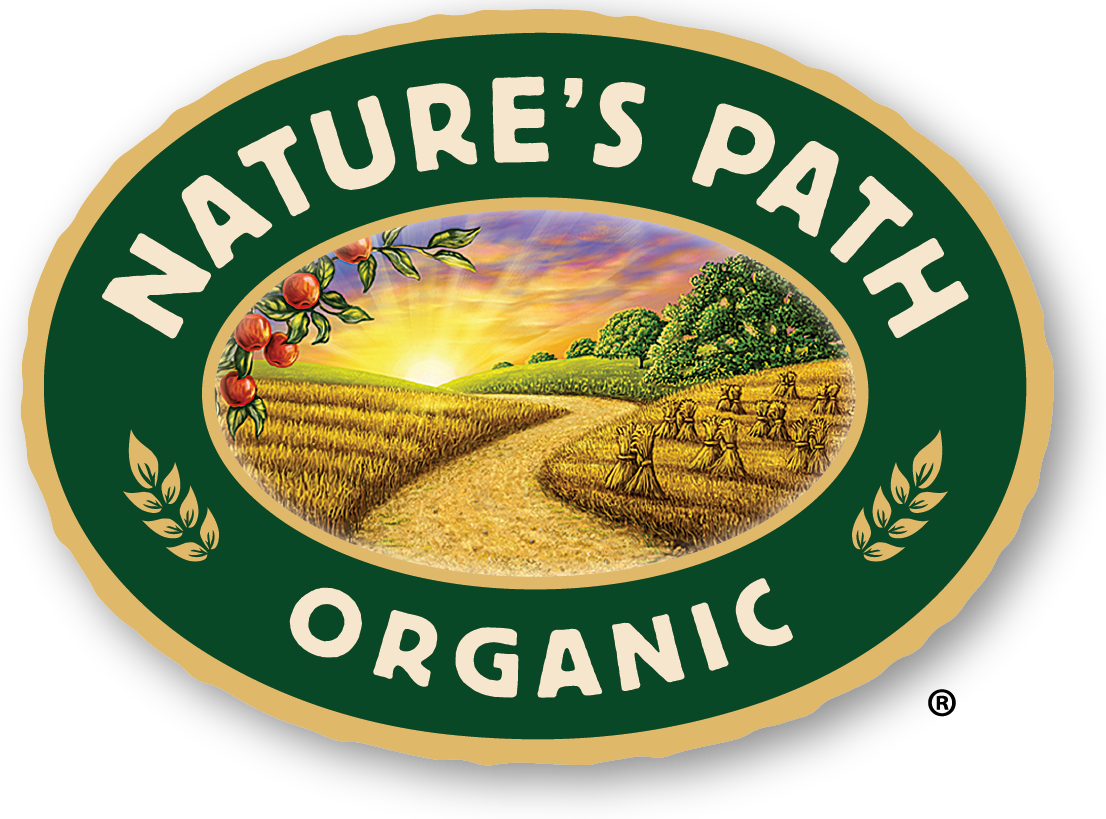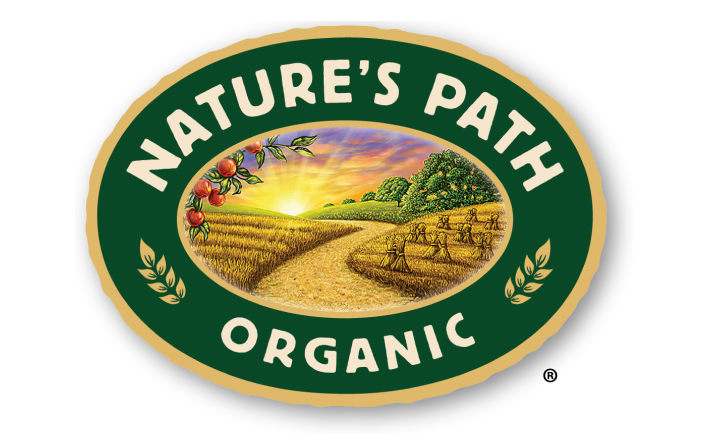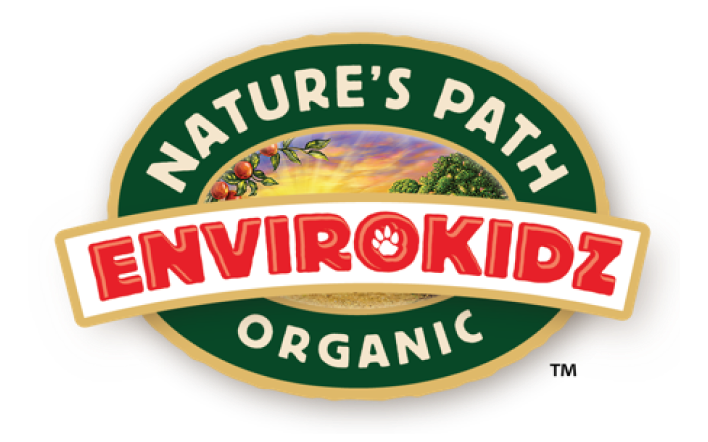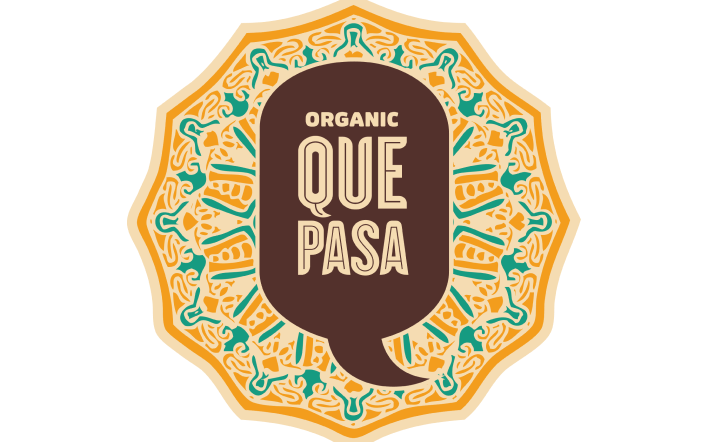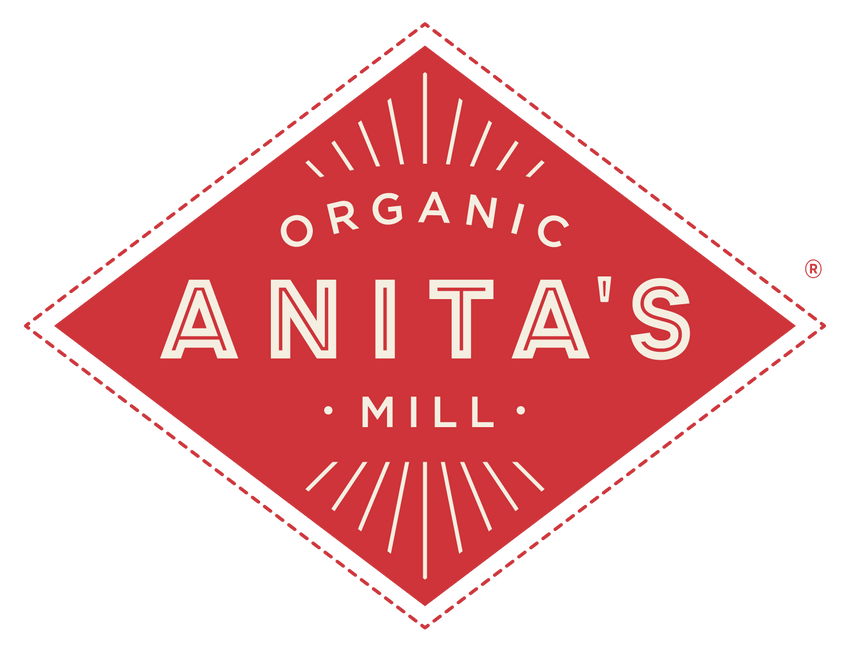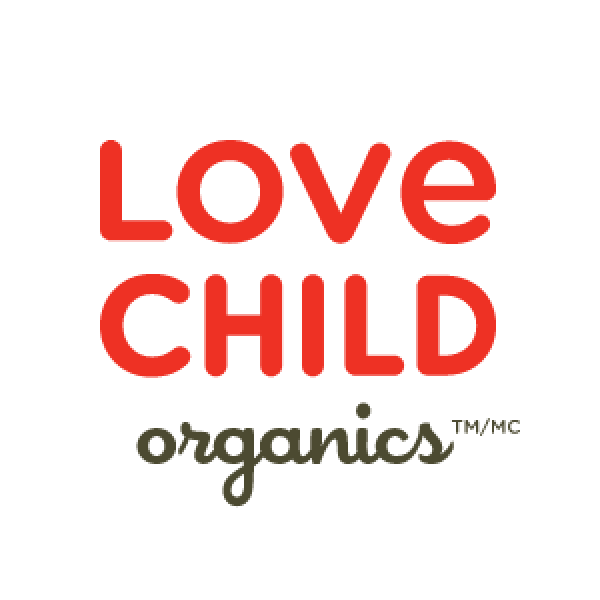
The Top 5 Nutrient Deficiencies on a Plant Based Diet
If you want to boost your health and maximize your longevity, switching to a vegan or vegetarian diet may be one of the best things you can do. Living a plant-based diet and lifestyle is not always easy, but it does have its benefits – especially when it comes to your health. One of the main challenges that comes along with this kind of lifestyle is learning new food sources for different nutrients.
n
If you want to boost your health and maximize your longevity, switching to a vegan or vegetarian diet may be one of the best things you can do. Living a plant-based diet and lifestyle is not always easy, but it does have its benefits – especially when it comes to your health. One of the main challenges that comes along with this kind of lifestyle is learning new food sources for different nutrients.
If you follow or are interested in a vegan or vegetarian lifestyle, you may need to put in more effort initially to learn where your nutrients are coming from. Your health is your greatest asset, so you should do everything you can to protect it.
Benefits of Plant-Based Diets
Whether you choose to follow a vegan or vegetarian diet based on concerns for animal welfare, the environment, or simply out of personal preference, you are doing your body a favor. Research shows that plant focused diets are naturally high in fiber, low in saturated fat, and rich in phytochemicals that help to prevent a number of serious diseases. In fact, the results of an international study revealed that vegetarians are a whopping 40% less likely to develop cancer than their meat-eating counterparts. Plant-based diets may also reduce your risk for heart disease, high blood pressure, and osteoporosis – they also have the potential to prevent and reverse type 2 diabetes.Common Nutritional Deficiencies
Vegan and vegetarian diets can be beneficial for your health, but completely cutting animal products might make you question where you’re getting certain nutrients. Many people assume that getting enough protein on a plant-based diet will be a problem, but that is not necessarily true. There are plenty of plant protein sources such as lentils, beans, chickpeas, nuts, seeds, soy products, and whole grains. The nutritional deficiencies that are most common with vegan and vegetarian diets include:Vitamin B12
This particular vitamin is created by a bacteria and found primarily in animal products such as dairy, meat, insects, and eggs. However, many plant foods are fortified with b12 (like nutritional yeast and some plant milks) and supplementing with a B12 vitamin is a viable option.Vitamin D
Vitamin D is the sunshine vitamin! Along with calcium, it plays an essential role in maintaining bone health. Vitamin D is easily obtained from sun exposure. But remember to limit your time in direct sun, it doesn’t take much to get your vitamin D. For those with less outdoor time, such as individuals living through winter in northern climates, supplementation is also available.Omega-3 Fatty Acids
This essential fatty acid is very important for maintaining heart health. While fish and eggs are commonly thought of as rich sources, you can also find omega-3 in chia seeds, flaxseeds, walnuts, and hempseeds!Zinc
Zinc can be found in many beans, legumes, and whole grains. But it is important to note that phytic acid found in these plants can hinder zinc absorption. However, by soaking or sprouting grains and beans before cooking, the phytic acid is reduced.Iron
Even though iron from plants is not as easily absorbed, eating a varied diet rich in whole plant foods should ensure enough iron. You can find iron in leafy green vegetables, whole grains, lentils, peas, and dried fruits! Adding foods rich in vitamin C will also help iron absorption.Tips for Balanced Nutrition
Fresh vegetables are some of the most nutrient-rich foods on the planet. The key to achieving total-body health and longevity is to follow a balanced diet, no matter what type of diet that may be. Above all, however, you should be striving to include a wide variety of different foods in your diet. You may also want to consider adding certain supplements to ensure that you are getting the right amount of essential nutrients. Look for a vegan or vegetarian multivitamin that contains Vitamin B12, iodine, and zinc, but do not take any iron supplements unless your doctor recommends it. You can also try vegan and vegetarian protein powders to supplement your protein intake if you are concerned.Would you like to be the first to hear about our new products and more? Sign up for our Nature’s Path Newsletter.


